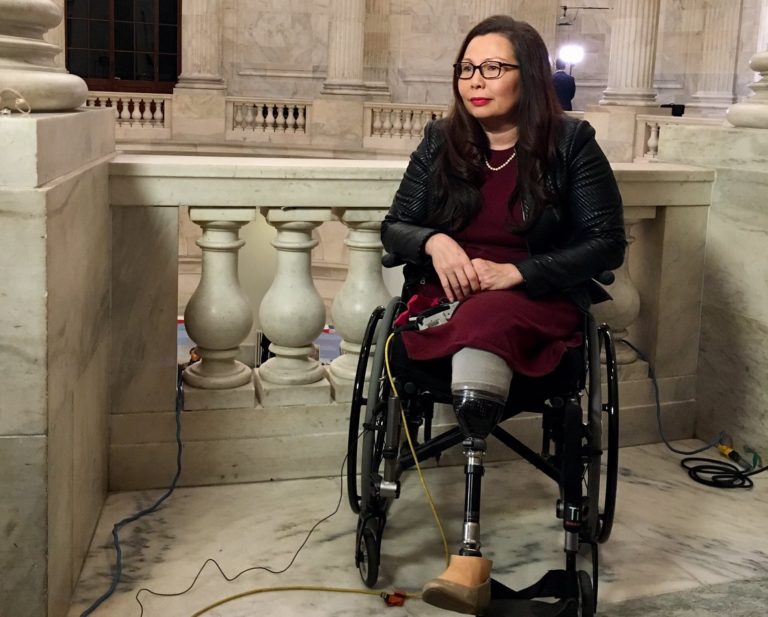Black women are woefully underrepresented across all levels of government - check out the…
Kindness and Empathy are Skillsets

When I first came to Washington, which was — and remains — a male-dominated place, I assumed that I should emulate the guys. I compensated for my soft-spoken, petite Latina self by taking up swearing, for example, as a way of showing the toughness and strength that I thought the guys wouldn’t see by looking at me. Kindness and empathy? They were important to me, but I felt that I had to supplement them if I was going to succeed. And for the 30 years I have spent in Washington, I have frequently observed that people interpret kindness as weakness. I believe that they are wrong not to see these qualities as signs of leadership and strength, but that’s the way it is.
When you think about it, demonstrating consideration and compassion doesn’t make a person a pushover. In fact, being tuned in to people’s emotions and caring about their well-being can be a source of strength, a sign of leadership. You stand a better chance of identifying and removing an obstacle if you’re positioned to understand those around you from the inside and able to create a safe enough space for others to share their point of view. Nancy Pelosi’s ability to keep her caucus together isn’t just about counting votes. She understands her members and knows what they need. Her empathy and people skills are among her superpowers; she shows them while also being tough as nails.
Let’s be honest, the culture of too many professions, especially male-dominated ones like politics, is that “nice” people are not leadership material. We tend to think of the female-dominated professions, like nursing and teaching, as “nurturing” roles. And we pay the nurturers less – WAY less – than we pay those in the male-dominated professions. One way to change that is to recognize that the “soft” skills that we undervalue are actually assets.
The crisis that we are currently living through provides an excellent example.The characteristics that we have traditionally valued in our leaders: shows of patriotism and strength, willingness to show aggression and unwillingness to show fear, are of limited value when the enemy is a virus and the best preventive measure is collective action and care for one another’s well being. Compare this to, say, the compassionate leadership of Germany’s Angela Merkel and the empathy of New Zealand’s Jacinda Ardern, and you can begin to see a major contributing factor to their countries’ success against the virus compared to their neighbors.
The qualities that we associate with leadership have been shaped by generations of leaders over the ages, and the overwhelming majority of them have been male. It’s long past time for women to assume our place as public leaders; the world needs us right now, empathy and all.
Cecilia Muñoz will discuss women’s leadership and her new book as part of WPI’s “Women on Wednesdays” series on May 27th. Join live at 6pmET or watch the replay at: https://www.crowdcast.io/e/cecilia-munoz






